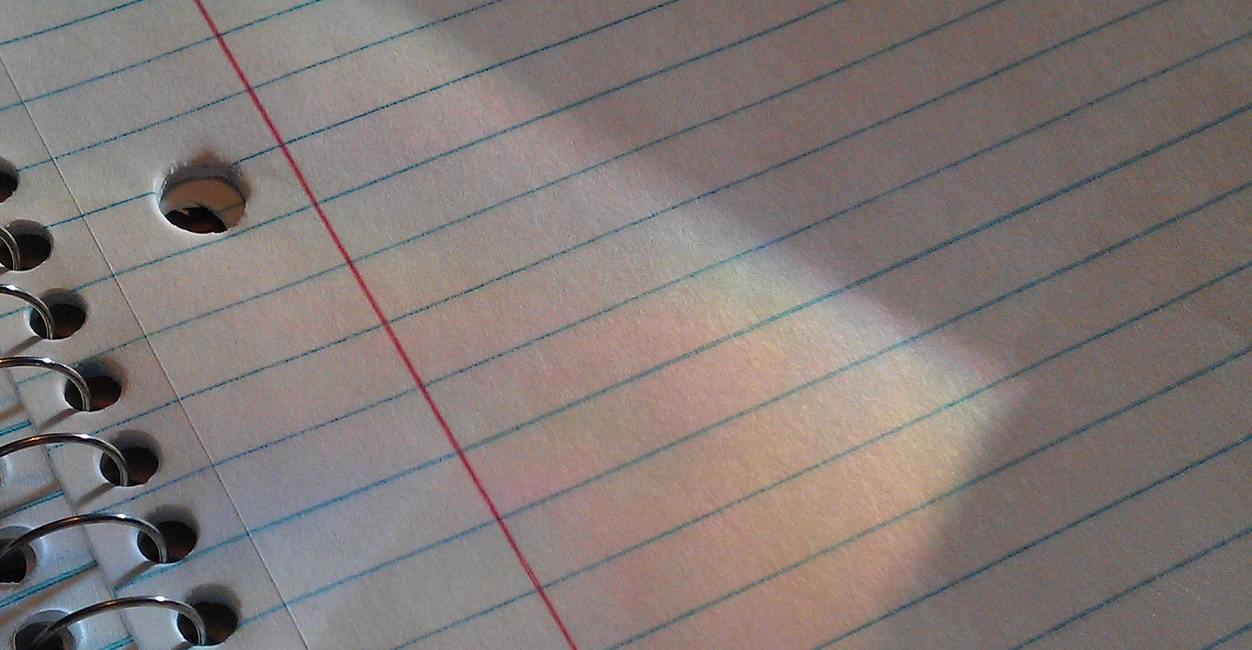 I’ve been working on next year’s audio project for my Patreon ($3 a month will let you listen!) and I’ve once again decided to do audio recordings of one of my self-published collections. Take a Bite is my last self-publishing venture to date, published about five years ago and just about five years after I published Yearly. I thought it was fitting to follow the audio version of my first self-published short story collection with my last.
I’ve been working on next year’s audio project for my Patreon ($3 a month will let you listen!) and I’ve once again decided to do audio recordings of one of my self-published collections. Take a Bite is my last self-publishing venture to date, published about five years ago and just about five years after I published Yearly. I thought it was fitting to follow the audio version of my first self-published short story collection with my last.
While I stand by my good idea because recording twenty-five flash fiction stories has been easy peasy puddin’ ‘n’ pie, I was not prepared to be so struck by the difference in quality between Yearly and Take a Bite. And, friends, I am struck.
Here’s the thing. I’m not someone who typically goes back and reads my old work. Once it’s published, it’s no longer any of my business. It’s not that I don’t like the stories I wrote; it’s just that I’m done with them. Unless I have to revisit them for some reason -like recording audio versions- I let those sleeping dogs lie. So, while I may remember the plots of the stories, I don’t remember exactly what I wrote.
It had probably been a good few years since I last read Yearly before I recorded it. Reading it out loud really highlighted the flaws of those stories. Not just the typos (my laws I caught so many typos I feel like I should offer people a refund), but all the ways the stories could have been improved, everything I would have done differently had I written the stories now. I’m not saying the stories in Yearly are bad; they’re pretty okay, enjoyable reads if I do say so myself (ignore the typos). But I’ve learned a thing or two, developed my craft a little bit since I wrote those stories.
Recording Take a Bite really illuminated my progress. Allowing for the fact that I was writing flash fiction -each story was limited to 1,000 words- the stories are just a little bit better. The sentence structure, the word choice, the descriptions are of much better quality than the stories in Yearly. The improvement is apparent. Visible. Obvious, even. My craft got craftier, as it were.
There’s also fewer typos, which means my editing skills improved right along with my writing, and I think I’m a little more blessed for that.
I think sometimes it’s easy to miss certain kinds of improvement because it is so gradual and takes place over a longer period of time. Even within Yearly, I could see which stories I wrote earlier in my writing career (as much as you can call it that) and which ones I wrote later just within that collection. I can see the same sort of progress happening within Take a Bite even though those stories were written in a shorter period of time. It’s not quite as obvious, but I can still see what I did there.
I think this kind of improvement is also sneaky because I’m not consciously trying to improve. My focus is always trying to write the best story I can and to edit it to be the best story I can and as a result of my dedication to do my best -learning from my mistakes, trying new things, giving myself the time, space, and patience to grow and experiment- I get better as a writer.
It’s the sneakiest of win-wins.

 I’ve been struggling with a poem lately. I keep adding lines, tweaking words, messing with metaphors. It’s not working and all of the tinkering I’ve been doing hasn’t helped elicit a breakthrough. My ah-ha moment remains elusive.
I’ve been struggling with a poem lately. I keep adding lines, tweaking words, messing with metaphors. It’s not working and all of the tinkering I’ve been doing hasn’t helped elicit a breakthrough. My ah-ha moment remains elusive.